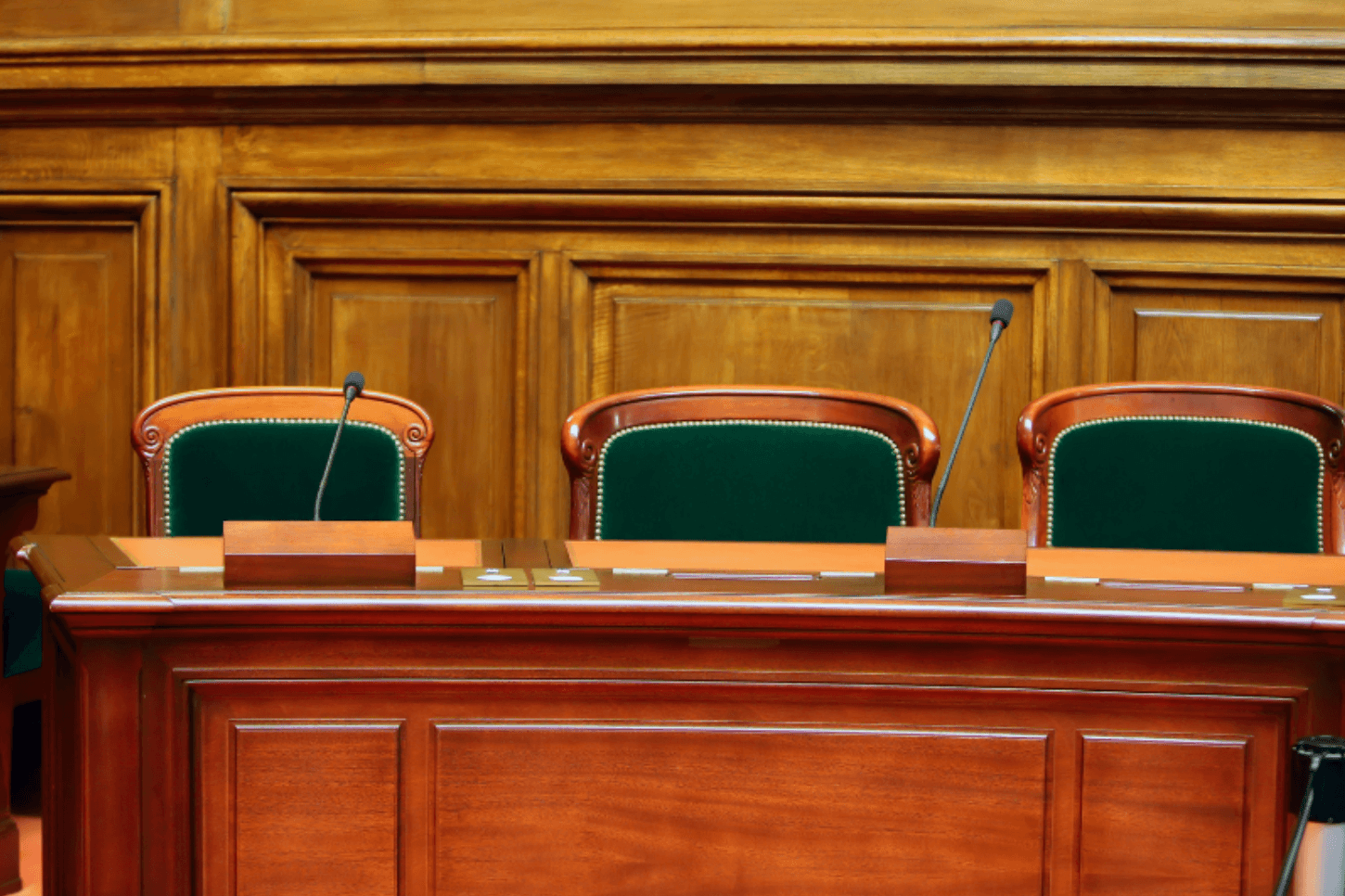
For Women Scotland Ltd v The Scottish Ministers
28th September 2025
The Supreme Court judgment in April 2025 For Women Scotland Ltd v The Scottish Ministers attracted a great deal of media attention in relation to the definition of a woman. Here we reflect on what it means for the transgender community.
What was the judgment about?
The Court had to consider whether the Equality Act 2010 could be interpreted in light of the Gender Recognition Act 2004 to include ‘certificated sex’ within the definition of ‘sex’. The Court concluded that it could not, and that ‘sex’ within the Equality Act refers to ‘biological sex’ only. Therefore, trans people with a full gender recognition certificate (GRC) fall outside the definition.
The Court determined that to interpret ‘sex’ as including ‘certificated sex’ would produce incoherent results which went against the intention of Parliament in drafting the statute. It would mean that trans people would be afforded sex-based protection solely based on whether they hold a GRC. Thie Court deemed this nonsensical as there is no other apparent material difference between trans people who do and do not hold a certificate. It would create an unjustified inequality between the two and difficulty in applying equality law by requiring an impossible visual distinction to be made. Further, trans people with a GRC would be excluded from protections afforded on the basis of their sex assigned at birth. For example, a trans man with a GRC could not benefit from the protections afforded for pregnancy, even though he may carry a child.
What legal protections are there for the trans community?
Both ‘sex’ and ‘gender reassignment’ are protected characteristics under the Equality Act. The Court emphasised that these are two distinct categories with protections under the Act directed to the specific needs and vulnerabilities of each.
A trans person is protected from direct and indirect discrimination, harassment, and victimisation based on the protected characteristic of gender reassignment. However, they also benefit from sex-based protections as they can bring a claim for discrimination by perception on the basis that the perpetrator perceives them to be the sex which they present as. For example, a trans woman can bring a claim for sex discrimination if she is discriminated against because the perpetrator perceives her to be a woman. The focus of the law is not her gender identity, but the perception of the perpetrator. Therefore, the Court in this case concluded, it affords greater protection to the trans community as the ability to make a claim is not dependent on whether a person holds a GRC.
What is the impact of the judgment for the trans community?
The biological sex interpretation means that trans people can, under the Equality Act, be excluded from accessing single-sex spaces and services. Part 7 of the Equality Act permits associations to restrict membership and access to persons who share a protected characteristic. Therefore, for example, an association could restrict membership to women, meaning biological women, and exclude trans women. Further, there are exemptions from the prohibition on discrimination within Part 3 of the Equality Act which permit exclusion from certain public facilities and services such as changing rooms, homeless shelters, and medical or counselling services. The Act explicitly confirms that single-sex spaces are permitted and do not constitute gender reassignment discrimination. Such exclusion is only permitted where it is a proportionate means of achieving a legitimate aim. It is anticipated that this will be a contentious area which will require the courts to grapple with whether it is legitimate and proportionate to exclude trans people from certain gendered spaces.
A further issue is how access to single-sex services is to be policed. For example, are masculine, biological women, or trans men to be turned away although they are entitled under the Equality Act to access female-only services?
It also brings into question the purpose and effect of a GRC in this context. Adopting the biological sex interpretation of the Equality Act, a GRC would not entitle a trans person to access single-sex spaces in accordance with their legal sex. Whether or not a trans person holds a GRC, they will be required to access services designated for their sex assigned at birth.
This is not to say that there is not trans inclusive provision, and certainly society may address this issue in part by creating spaces which welcome all those who identify with a certain or any gender – a common and perhaps overused example would be gender neutral toilets.
However, it is an extremely complex issue balancing the rights of the trans community against proponents of single-sex services and ultimately it is one which Parliament will need to examine.
Author

Services
Share




